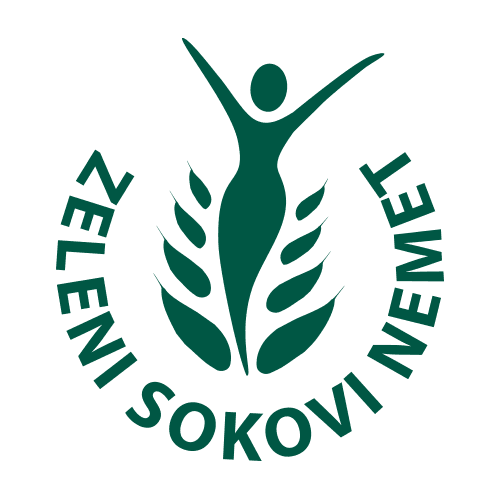Infections and Weakened Immunity

Frequent infections and overall weakened immunity can be a problem in themselves or a consequence of one of the serious illnesses already listed. When we say weakened immunity, we mean a tendency toward frequent colds, flu, respiratory and urinary infections, slow recovery from illness, or recurrent infections such as herpes viruses, candidiasis, and the like. Weakened immunity may result from chronic stress, inadequate nutrition, lack of sleep, but also as a consequence of disease (e.g., leukemia, HIV infection, certain genetic immunodeficiencies) or therapy (chemotherapy, immunosuppressants). In any case, when immunity is weakened, the body is susceptible to attacks by microorganisms and has a harder time defending itself, which is a serious health condition if it persists.
Symptoms of weakened immunity may manifest as:
- Frequent infections: more than 4–6 significant infections per year (in adults) such as pneumonia, sinusitis, otitis, skin infections; in children even more often.
- More severe course of infections: complications of a common cold progress to bronchitis or pneumonia; an ordinary scratch leads to a skin infection, etc.
- Slow recovery: wounds that heal slowly, infections that last longer than usual, the need for more frequent antibiotics.
- Persistent fatigue and weakness: an immune system exhausted by constant fighting can lead to chronic fatigue and reduced concentration.
- Laboratory findings: may show a low white blood cell count or low immunoglobulins (in more severe immunodeficiencies), but in mild cases parameters are often normal, except perhaps a slightly elevated CRP due to ongoing minor inflammations.
When frequent infections are present, they themselves trigger chronic inflammation in the body—alternating waves of acute inflammation that often do not fully subside before a new infection can create a state of constant immune engagement. Paradoxically, although the immune system is reacting (inflammation), it is simultaneously ineffective at eliminating pathogens, indicating an immune imbalance or exhaustion. Oxidative stress is also present, because during the fight against infection, white blood cells produce free radicals to kill pathogens. If infections keep recurring, that continuous oxidative pressure can damage healthy tissues as well and further weaken the immune response.
Natural support for the body
Strengthening a weakened immune system requires multiple fronts: good nutrition, sufficient rest, stress management, and supplements when needed. Spelt grass is an outstanding natural source of immune‑stimulating nutrients. First and foremost, spelt grass is a rich source of vitamins essential for immunity: vitamin C (known for its role in phagocyte function and interferon production), vitamin A (important for mucosal health—our first line of defense—and for proper T and B cell function), and vitamin E (protects immune cells from oxidative stress and can enhance the antibody response). Green spelt juice in tablets contains more vitamin C than most fruits, making it excellent for infection prevention.
Spelt grass provides zinc—the number one mineral for immunity: zinc is needed for white blood cell maturation and antibody production, and zinc deficiency leads to frequent infections (especially respiratory). By introducing spelt grass, the intake of zinc and selenium increases, and selenium is also critical for the immune response, particularly antiviral (selenium is involved in the function of enzymes that support lymphocytes and protect them during stress). It is rich in amino acids and proteins needed to build immunoglobulins and cytokines—in short, a strong immune system requires sufficient protein.
People with weakened immunity often eat less due to illness or loss of appetite; spelt grass can supplement protein on top of a regular diet. Chlorophyll and enzymes from spelt grass act as natural body cleansers: chlorophyll has antibacterial properties and, according to some studies, helps resolve infections more quickly, while enzymes from green juice can improve digestion and nutrient absorption, which is important because strong immunity starts in the gut. The detoxifying effect of spelt grass (binding toxins and heavy metals) also helps—fewer toxins mean less burden on the immune system. In addition to prevention, spelt grass also helps during infection: for example, in viral infections that place stress on the body, antioxidants from spelt grass can prevent complications and speed up recovery.
And last but not least, spelt grass helps alkalize the body—many pathogens (such as fungi and harmful bacteria) prefer an acidic environment and are less active in an alkaline one, while defensive cells function better. All these benefits make spelt grass an ideal choice for anyone wishing to strengthen immunity naturally. Whether it is a child who often “catches” colds or a stressed adult feeling their immunity dip, spelt grass—for example, in spelt juice tablets—can deliver noticeable improvements: more energy, fewer infections, and faster recovery when infections do occur.










